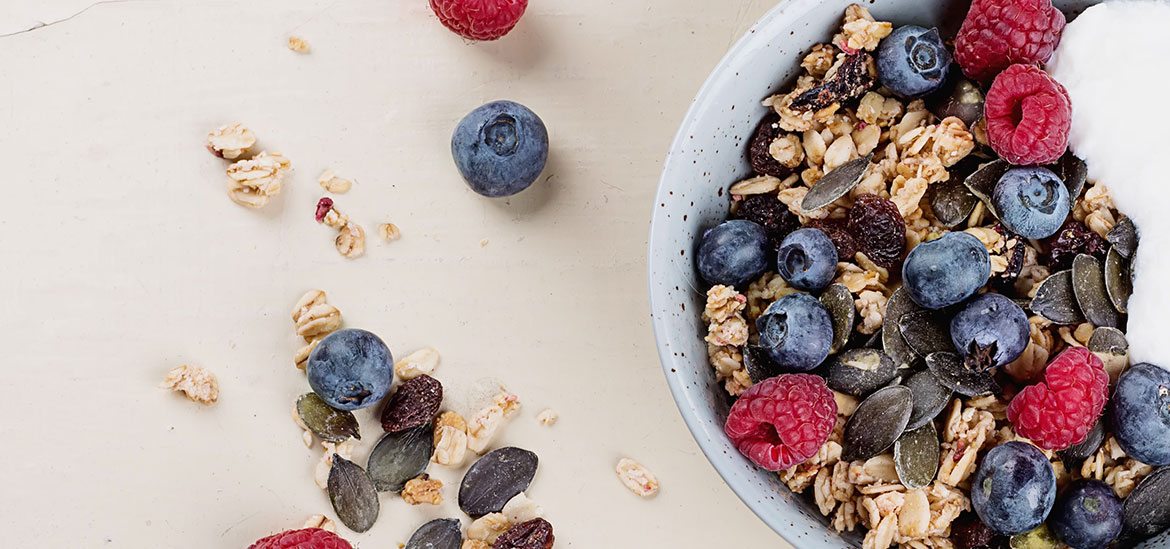
Whether you’re just starting your wellness journey or you have noticed a few signals your body’s trying to tell you – Gluten is a huge topic of conversation.
Coeilac Awareness Week is a perfect time to highlight how this disease actually affects thousands of us. And yes – there is a difference between Coeliac Disease and gluten sensitivity.
COELIAC DISEASE
Coeliac disease is a condition where your immune system reacts badly to gluten
(found in wheat, rye, barley and oats). Shortly after eating gluten loaded foods – your body’s immune system will react to the proteins found in these grains.
This reaction causes the immune system to attack your own body – damaging the small intestine & gut lining. Symptoms can range from digestive discomfort, fatigue, irritable bowel, skin issues, head aches and weight changes. The damage to the small intestine can also reduce absorption of nutrients including iron & can be attributed to a multitude of long term auto-immune issues.
Whilst the symptoms of Coeliac Disease can be almost identical to Gluten Intolerance – there is a big difference in damage to the body.
GLUTEN INTOLERANCE
Gluten intolerance, also known as non-coeliac gluten sensitivity, is a broader term referring to symptoms attributed to gluten/wheat consumption when coeliac disease had been ruled out. It is a poorly understood condition, and some research suggests that it may be different components of wheat such as FODMAPs that cause symptoms in these people.
The body’s immune system recognises the wheat proteins as ‘invaders’ and tries to remove them from the body by causing inflammation. Vastly different to Coeliac – as instead of attacking the body, the immune system directly attacks the wheat proteins.
SHOULD YOU GET TESTED?
If you suspect you may be reacting badly to gluten a visit to your GP is an essential first step. A GP may order a blood test and/or a small bowel biopsy to get to test for coeliac disease, or they may order difference tests if they suspect something else is causing your symptoms.
Your GP may also test for other associated conditions and/or nutrient deficiencies, which is why it’s so important to see your doctor for a diagnosis!
If you’re not coeliac but suspect your body isn’t loving wheat, your GP might recommend an elimination diet to see if your symptoms subside. Try removing all gluten from your diet for a few weeks. Then try a piece of bread or pasta loaded with gluten .. what happens?
FOODS TO AVOID
Anything containing wheat, rye, barley or oats – typically found in bread, pasta, baked goods, cereal and beer. Gluten can also be present in foods that you might not suspect including (but not limited to) sauces, lollies and salad dressings. So always read the ingredients carefully!
HOW WE CAN HELP
Our team are pretty darn passionate about using food & natural substances to help heal, repair & build up the immune system! Whatever stage in your journey – we can show you some delicious Gluten Free alternatives & substitutes for your current gluten loaded meals.
Plus – if you need a little extra help to get your body functioning well, we have a huge selection of supplements to help repair your gut health, immune system, skin vibrancy, energy levels & overall wellbeing.
For more information on gluten free diets, gut-healing, reading product labels or wellness advice, our qualified in-store naturopath is here to help.

Leave a Reply